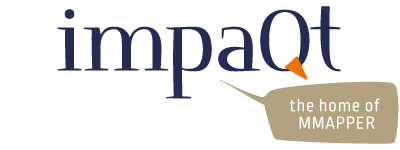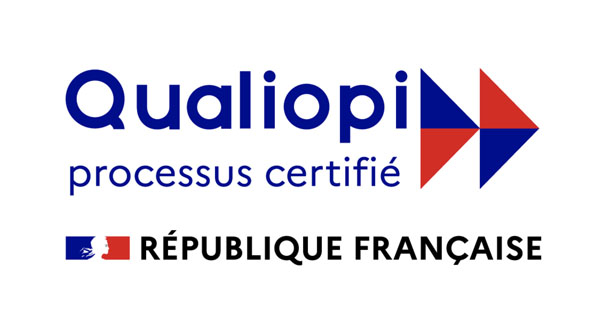Food for Thought
AI – Opportunity or Threat?
Since the beginning of our journey, our reflections on learning to learn have consistently brought us back to one particular thought : the role of tools and technology in relation to those of the learner and the facilitator. We continue to find meaning in the orchestra analogy: What added value does the conductor (facilitator) bring? What can a musician (learner) do or cannot do alone using the range of instruments (tools and technology) and music (content) available? And how do we integrate new instruments into the orchestra? When television first appeared, many predicted the end of radio, and our good old books still have a special place in our lives… Today, as artificial intelligence opens up new possibilities, we are once again invited to reflect and to keep adjusting the balance within the orchestra in our organizations or across society.
We know that we are going to be able to delegate many time-consuming tasks to AI. In my view, this presents both an opportunity and a potential threat.
AI can give us the space to develop our emotional and intuitive intelligence. Let’s remember that the end of the domination of a narrow view of intelligence – the kind that helps us ace IQ tests (or not 😉) – is still very recent. The American psychologist Howard Gardner, creator of the theory of multiple intelligences, was among one of the first to challenge that limited perspective… This was in the 80’s! He identified several types of intelligence, including two “personal” intelligences directly connected to understanding human nature: interpersonal and intrapersonal intelligence. And according to Gardner, these capacities are essential to finding fulfillment and one’s path in life…
This theory gave rise to the emotional intelligence movement. It was the American psychologist and science journalist Daniel Goleman who made this concept mainstream with his global bestseller Emotional Intelligence. One of Goleman’s core insights is that our emotions guide us to make the right decision, faster than rational thinking, when we embrace them without feeling overwhelmed.
Following in the footsteps of emotional intelligence, intuition, a topic of neuroscience research, is the hallmark of our unconscious intelligence. It draws on a range of abilities connected to self-awareness and awareness of others… which are key concepts in the “Mirror” of the MMAPPER model.
A few years ago, I had the privilege to meet Dr. Stephen Karpman, an American psychiatrist and heir to Eric Berne, best known for his « Drama Triangle ». That evening, in a small and intimate gathering in our Paris offices, I had the opportunity to discover the extra-ordinary potential of my own intuitive intelligence…
In my opinion the main threat lies in that we could slowly lose the ability to follow the logical and deductive learning process that allows us to know how to do so many things today. Thus, we risk under-stimulating our IQ and becoming dependent on technology. And we know that for any meaningful project to be carried out, there needs to be a journey behind it. This concern is also reported in the documentary series AI at Work by Samuel Durand.
To conclude, the challenges we face related to the development of AI are many:
- Making the effort to take a step out regularly to define the right place for both humans and machines
- Daring to develop our emotional and intuitive intelligence
- Continuing to cultivate our IQ.
What concerns me today is seeing the number of teams continuing to overfocus on productivity and struggling with communication…
Still, I remain optimistic about human potential and the power of collective intelligence – which I hope will always surpass the capabilities of AI – and continue to coach teams with the same passion I’ve had since day one.
Let’s cultivate human connections rather than connections between human beings and machines.



